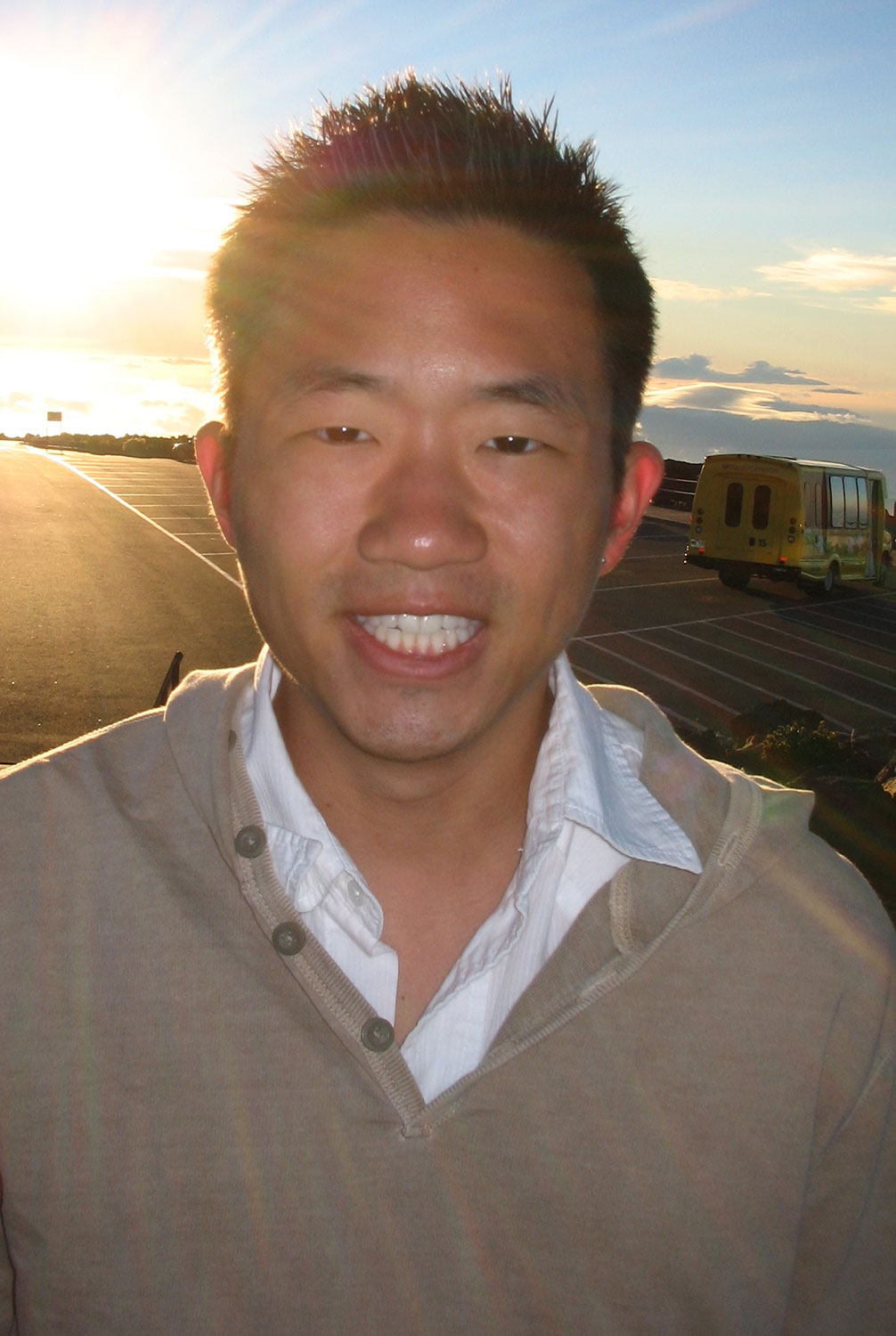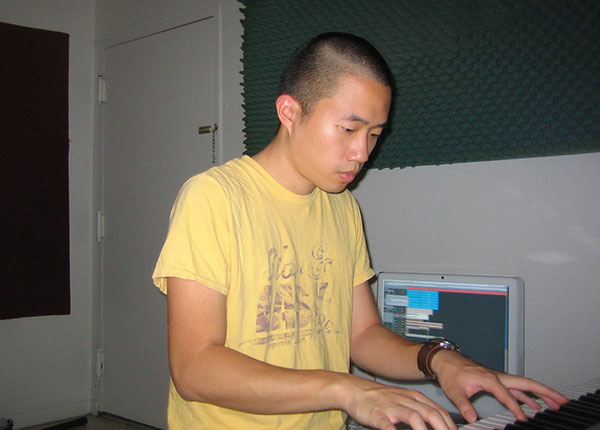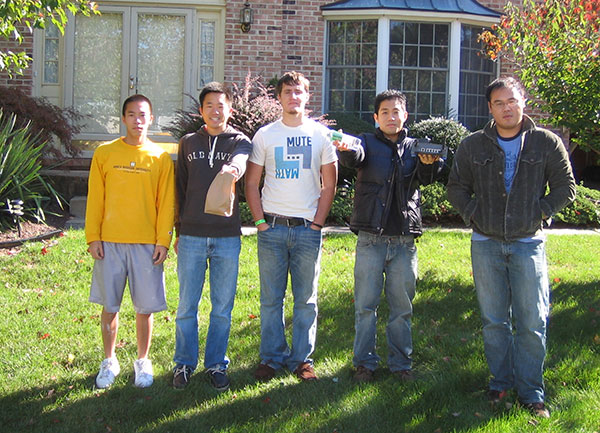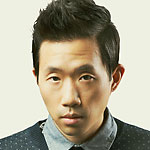
Feeling like God hated him drove him to lonely places, but it left the frontman of Tim Be Told with a deeper sense of compassion and served as a catalyst for his songwriting.
I can still vividly recall the night I knelt by the side of my bed begging God that I didn't want to be gay anymore. Tears were pouring down my face as I struggled to get my words out past the choking sobs.
My parents were sleeping down the hall so I couldn't cry too loudly — but I felt like if I didn't pray loudly enough, God might not be persuaded. I pleaded with God and then waited a couple of seconds to see if anything changed. Nothing.
So I would pray again and again, waiting with anticipation. "Surely my same-sex desires are evil, so why won't God answer my request?" I thought to myself. But still no answer, just the empty silence of my dark bedroom.
That night as I drifted off to sleep, a strange voice started speaking to me. An insidious voice deep in the recesses of my mind, emerging in all its ugliness, said only one thing to me, "God doesn't love you."
I was 12 years old.
One night, while camping with my best friend, it was pouring rain and the inside of our tent was filling with water. We didn't mind as we floated above the pooling water on an air mattress while we talked about typical things: school, hobbies, and our ironfisted
Chinese parents.
After a brief lull in the conversation, my friend turned to me and said, "I think if I ever met a homosexual, I would kill them." That night the voice resurfaced and whispered, "Trust no one."
I was 13 years old.
Church was often a place of refuge. My mom taught me that Jesus was my friend, often reminding me that I wasn't alone, especially when I was picked on at school. It was simple and reassuring — my anchor for when I felt lost.
I also loved singing at church. It was something I was good at. It made me feel like I was close to God and helped me feel like I was part of something.
My Sunday School class was a group of boys that met in the storage closet in the basement because there weren't enough classrooms in the church building. Our church had 2,000 Chinese people with half of the congregation being first generation immigrants. We had fairly traditional values, but it felt like home to me. That changed on a particular Sunday morning.
While sitting in that storage closet, one of the boys raised his hand and asked our teacher about homosexuals. I feigned disinterest, but every part of me was waiting eagerly for our teacher's insight. He said, "I believe Satan has a particularly strong grip on the hearts of homosexuals. They are especially disgusting to God and it's very difficult for them to be saved."
The dark voice returned and laughed at me. I was 15.
The summer after my first year in college, I was at home in New Jersey. My mother came into my room with a solemn look on her face. Apparently I had left my journal on the dining room table, and like most Chinese mothers who lack personal boundaries, she read it.
As she informed me of this, a sudden wave of panic and nausea took over me and I burst into tears. There was a simultaneous mixture of fear, rage, and relief — she finally knew. All at once, the repressed feelings of sadness, inadequacy, rejection, and fear came pouring out in an emotional tirade against God.
I asked her why God hated me. I asked her if God was punishing me for something she and Dad had done. After all, they had prayed for a son that was normal and useful for God's kingdom — and I was anything but normal.
My mother, who usually keeps her emotions locked in a fortress, started to cry, and she responded with, "You are normal, because normal people need His grace."
"You are normal, because normal people need His grace."
That day the voice faded a little. I was 19.
I had never been sick for more than a few days in my entire life. But one day in the middle of a recording session, I started coughing. I could not stop coughing. At the time I was also on tour with my band and I was starting to lose my voice.

I asked for healing from God, but no such healing came. For weeks, I went from doctor to doctor and was given every type of drug. I was losing weight, I could not keep my food down, and I was losing the one thing that brought me comfort in the past: music. What started as a cough became a mysterious sickness that lasted for years.
The dark voice came roaring back, "God doesn't heal people like you." I was 23.
It was a lot easier to be gay and celibate in my early 20s. I had plenty of friends who were also single. We all had big dreams of who we would become. We vowed to live all on the same street or start a commune. But after a few years out of college, I began to realize that my life had stopped while it seemed like everyone else around me was moving forward.
I still had the same youthful dreams, but my friends were falling in love, getting married, having baby showers, starting families, and meanwhile, I felt more and more like an outsider watching the world pass me by.
I would visit my friends in the maternity wards and hold their new babies knowing that I would probably never fall in love; I would never know what it felt like to be a parent. And while I felt joy for them, I also felt the pang of inevitable change. In many ways, I had to grieve the loss of my friends. They were still there, but not in a way that mattered anymore.
I remember when my housing plans fell through and I had nowhere to live. A married couple whom I loved dearly invited me to live with them. Then one day the couple found out they were pregnant with their second child. They had no more room in their house. They had no more room for me.
The voice came back and said to me, "No one wants you." I was 24.
Each one of us has our version of the dark voice. With every trauma or victory, it can get louder or softer. But the one thing we must always remember is that it lies. It lies about God, it lies about who we are, and it lies about who others are.
But truth and hope have an uncanny way of breaking through our grief and loneliness. Though it may take time, the light will start to peek over the horizon. We will eventually find meaning in our mourning.
If I could go back and talk to my 12-year-old self, I would tell him that one day we would save people's lives.
I would tell him that in the future, a gay Christian teen in Texas would try to kill himself, but after he listens to the songs we wrote, he stops and gives his life to God. The "gayness" we tried to pray away would become the very thing that gives us hope and insight in the midst of suffering.
I would tell my 13-year-old self that our best friend would one day become an outspoken champion of the LGBT community, walking the streets late at night to tell homeless, transgender teens that Jesus loves them.
I would tell my 15-year-old self that not every teacher who teaches about God actually knows God.
I would tell my 19-year-old self that our mother's version of Jesus is still the same today. He is still kind, still forgiving, and He loves everyone.
I would tell my 23-year-old self that the songs we write in our sickness will eventually bring comfort to a dying boy who listens to every song over and over until he passes from this earth.
I would tell my 24-year-old self that one day we would meet a couple in California who would invite us to live with them. They would give birth to a son that we would help to raise and love like our own. We would be part of a family.

Pain, grief, loss, and loneliness are never pleasant. Nevertheless they can leave behind a powerful gift of compassion, soft-heartedness, and even gratitude. Suddenly we don't take joyful moments for granted. We treasure our friendships even if they may only last a season. We see all lives as precious and valuable. Our confidence in God's love is stronger because it has been tested in the furnace. And the greatest gift is that we can help others overcome those same feelings of shame and doubt we ourselves once felt.
In addition to learning profound lessons in compassion, I learned an important lesson in justice: to speak up for those who have no voice, so that the hatred spoken into my life will not be repeated in future generations. In a small way, coming out this year was done in the hope that one day no one will feel hated by God in a church again.
There will be seasons when your dark voice will emerge to throw you in a whirlwind of self-doubt and chaos. It can tear you down, convince you of your worthlessness, cast you into a pit
of depression.
Or you can choose to not listen to it. You can fight it. You can choose to see the good and the beauty in your life amid the grieving. You can have hope.
And though the dark voice inevitably rears its ugly face from time to time, keep arming yourself with love and courage until one day, it is completely silent.

Tim Ouyang is the lead singer and songwriter for the band Tim Be Told. His music is an intersection of faith, culture, and emotional baggage packaged in Disney-esque orchestral pop. He currently resides in the California bay area where he builds Mid-century modern furniture in his spare time. Follow his band on Twitter, Instagram, or Facebook @timbetold.